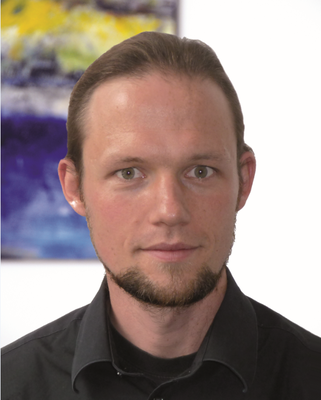Simulation of fiber-reinforced plastics
Increasing requirements on stiffness and strength together with the need to reduce weight, lead to further developments of fiber reinforced composites within the last decades. Nowadays, those materials are used for structural relevant components of high-volume production applications. Therefore, it is necessary to develop procedures that allow quantifying the complex load carrying and failure as well as damage mechanisms of these materials with numerical simulations.
In the provided course series, we will discuss serveral aspects of modeling short, long and continuous fiber reinforced plastic materials with LS-DYNA, starting with a general discussion of the most important keywords, integration rule definition and pre- and postprocessing. The second course will cover material models commonly used for short and continuous fiber reinforced composite modeling in LS-DYNA. Focus is put on the different failure criteria and post-failure handling. The third course will show possibilities to model delamination with either cohesive elements or tiebreak contacts in LS-DYNA.
Please note that this course is only available to employees of companies or universities. Students and private individuals are excluded from use.
Day 1: Composites Modeling in LS-DYNA
- Important Keywords
- Integration Rule Definition
- Pre- and Postprocessing with LSPP
- Differences btw. SFRP & CFRP
Day 2: Composite Material Models in LS-DYNA
- CFRP Material Models
*MAT_022
*MAT_054
*MAT_058
*MAT_261
*MAT_262 - SFRP Material Models
*MAT_157
*MAT_215
Day 3: Delamination Modeling
- Cohesive Element Formulation
- Cohesive material Models
- Tiebreak Contacts
| Dates | Duration/days | Calendar | Registration | Referee | Language | Location | Fee |
|---|---|---|---|---|---|---|---|
| 01.01.2022, 09:00 - 11:00 | 3 days | Add to calendar | Christian Liebold | Online | 600 € |
Lecturers
Christian Liebold

Dipl.-Ing.
Area of expertise:
Composites
Academic studies:
Aerospace engineering